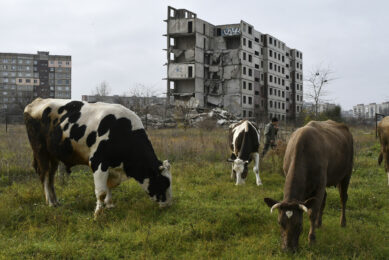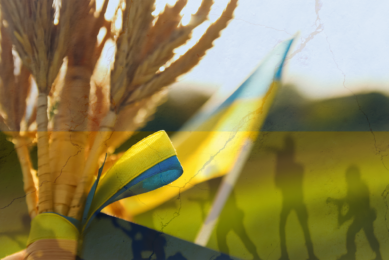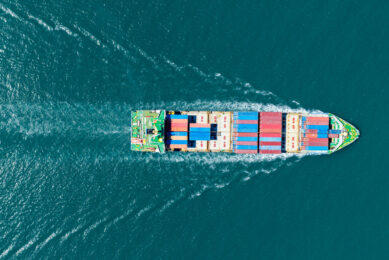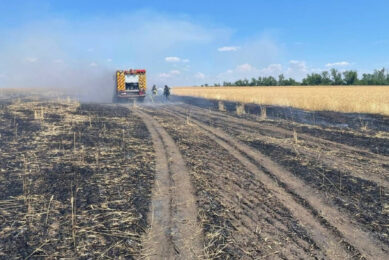Turkey mediates safe corridor for Ukrainian grain
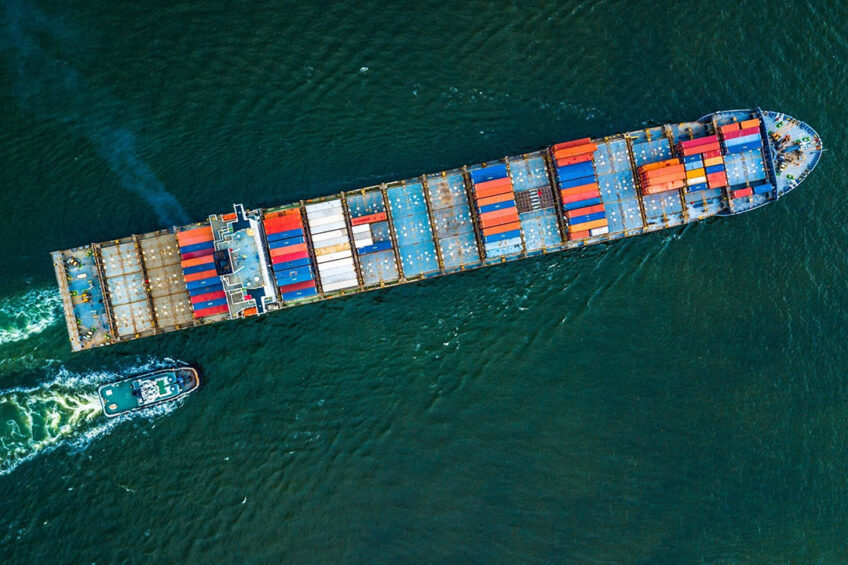
Turkey continues to play mediator role to establish safe corridor for grain exports from Ukraine
Hopes are growing over plans to unlock grain exports from Ukraine’s Black Sea ports with Turkey playing a key mediator role.
News agency Reuters reported at the weekend that Turkish officials expected progress when Russia’s foreign minister Sergei Lavrov visits this week with both Moscow and Kyiv keen for a solution to the current impasse.
Pre-war Ukrainian exports
Prior to the war, Ukraine exported more than 5m metric tonnes of grain every month, mostly via its Black Sea ports, and mainly through Odessa. Ukraine contributes 42% of the sunflower oil traded on the global market, 16% of corn and 9% of wheat with many countries, particularly in Africa and the Middle East heavily dependent on Ukrainian imports.
Rail exports only a stop-gap
Due to port blockades, at present, much of the grain coming out of Ukraine is going westwards on rail routes into Eastern Europe with up to 760,000 metric tonnes in early May being recorded. But with 20m tonnes needing to be exported, the rail link is seen as only a stop-gap solution.
Russian exporting high volumes grain
The UK’s Agriculture and Horticulture Development Board said last week that while limited grain was leaving Ukraine, Russia continues to export high volumes of grain with competitive pricing. According to SovEcon, April saw an estimated 2.7m tonnes of grain exports and a further estimated 1.5m tonnes in May. Demand in recent days is understood to be weaker, said the AHDB’s senior arable analyst Megan Hesketh, with a depleting grain export quota to consider.
UN proposes plan to re-open shipping routes
The United Nations has pitched a plan to re-open shipping routes from Odessa and other Ukrainian ports which might involve a Turkish naval escort for tankers leaving Ukraine and transiting Turkey’s straits.
It is understood that for Russia to agree, it would want to see some Western sanctions targeting its insurance sector lifted.
Turkey’s stance comes at a time when Senegalese President Macky Sall, who is also chair of the African Union, gave credibility to Russia’s pledge that it will allow safe export of Ukraine’s grain stocks.
Russian propaganda spreading in Africa
Sall told EU leaders recently that Russian propaganda, which blames Western sanctions for the global food crisis, was already spreading in Africa, which is heavily dependent on fertilisers and food from Russia and the Ukraine.




